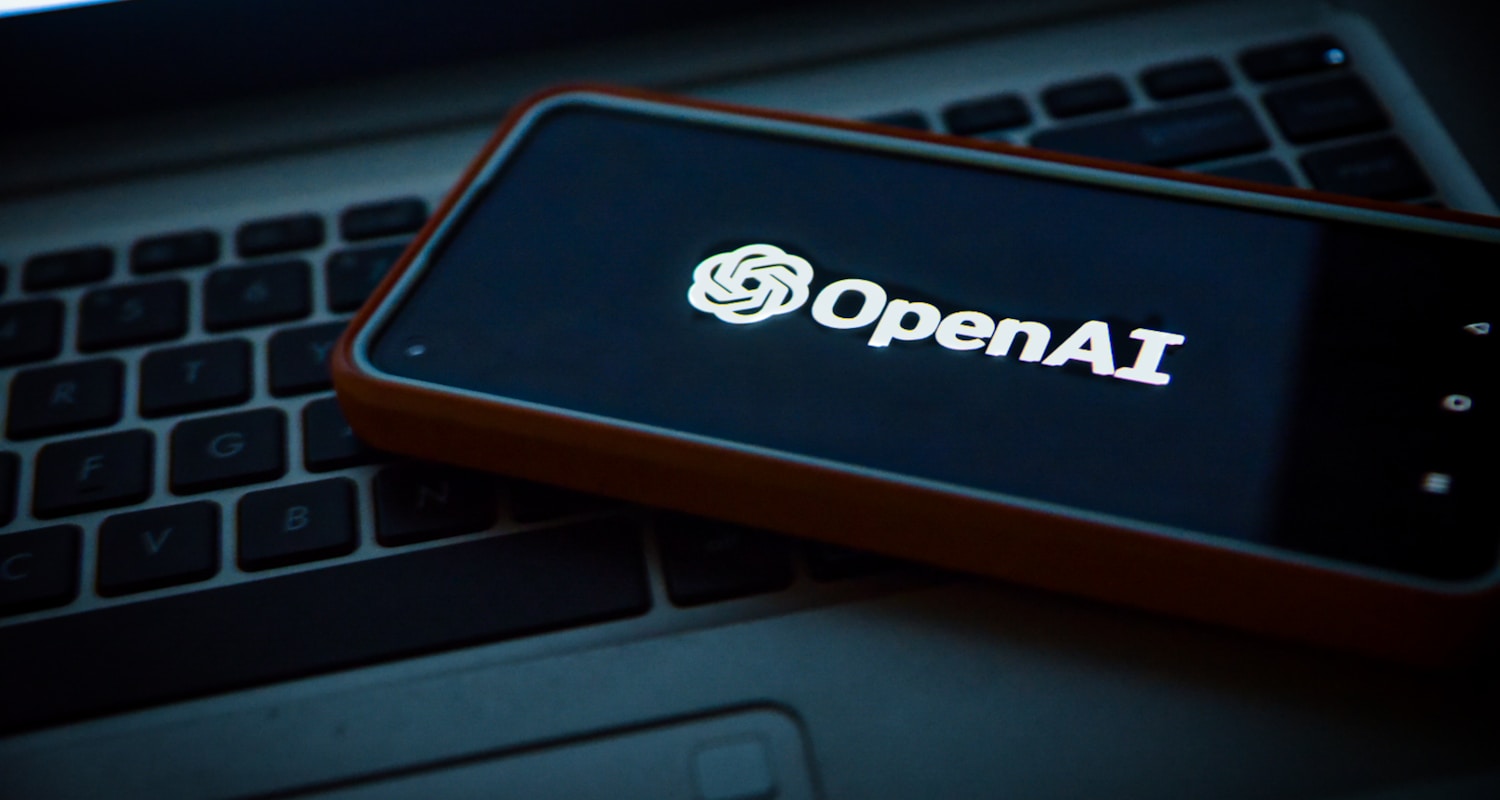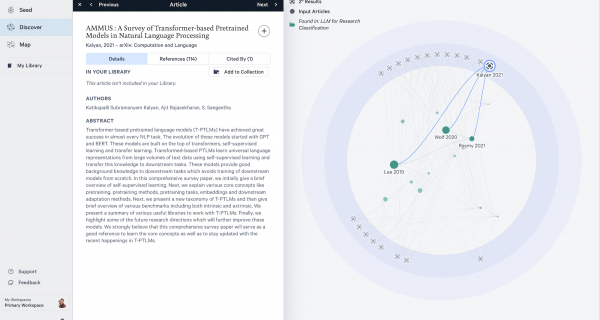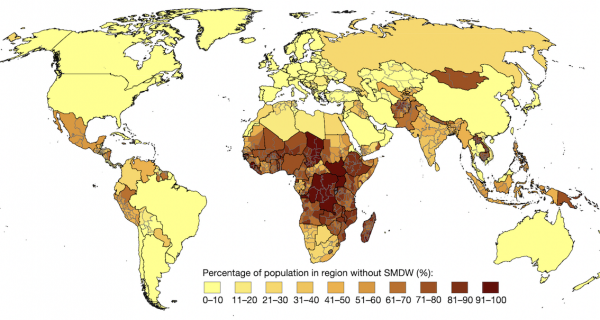The Impact of General-Purpose Language Models on Jobs
New research findings from OpenAI indicate that approximately 80% of the U.S. workforce could have at least 10% of their work tasks affected by the introduction of GPTs, while around 19% of workers may see at least 50% of their tasks impacted.

In recent years, there has been a significant amount of discussion and debate about the impact of artificial intelligence (AI) and machine learning (ML) on the job market. The development of large language models (LLMs), specifically Generative Pre-trained Transformers (GPTs), has raised questions about the extent to which these models will affect jobs. A recent study by Tyna Eloundou, Sam Manning, Pamela Mishkin, and Daniel Rock, at OpenAI, Open Research, and The University of Pennsylvania provides new insights into the potential impact of GPTs on various occupations and industries in the US economy.
The study argues that GPTs meet the criteria for being classified as a general-purpose technology. This classification requires GPTs to meet three core criteria: improvement over time, pervasiveness throughout the economy, and the ability to spawn complementary innovations. Evidence from the AI and machine learning literature demonstrates that GPTs meet the first criteria – they are improving in capabilities over time with the ability to complete or be helpful for an increasingly complex set of tasks and use cases. The study provides evidence to support the latter two criteria, finding that GPTs on their own can have pervasive impacts across the economy and that complementary innovations enabled by GPTs – particularly via software and digital tools – can have widespread application to economic activity.
The study shows that GPTs have the potential to impact most occupations, with higher-wage occupations generally presenting more tasks with high exposure. Approximately 19% of jobs have at least 50% of their tasks exposed to GPTs when considering both current model capabilities and anticipated GPT-powered software.The findings suggest that out-of-the-box, these models are relevant to a meaningful share of workers and tasks, but the software innovations they spawn could drive a much broader impact.
While the technical capacity for GPTs to make human labor more efficient appears evident, it is important to recognize that social, economic, regulatory, and other factors may influence actual labor productivity outcomes. The adoption of LLMs will vary across different economic sectors due to factors such as data availability, regulatory quality, innovation culture, and the distribution of power and interests.
The study concludes that while the impact of GPTs on the economy will likely persist and increase, posing challenges for policymakers in predicting and regulating their trajectory, further research is necessary to explore the broader implications of GPT advancements. This includes their potential to augment or displace human labor, their impact on job quality, impacts on inequality, and skill development.






































